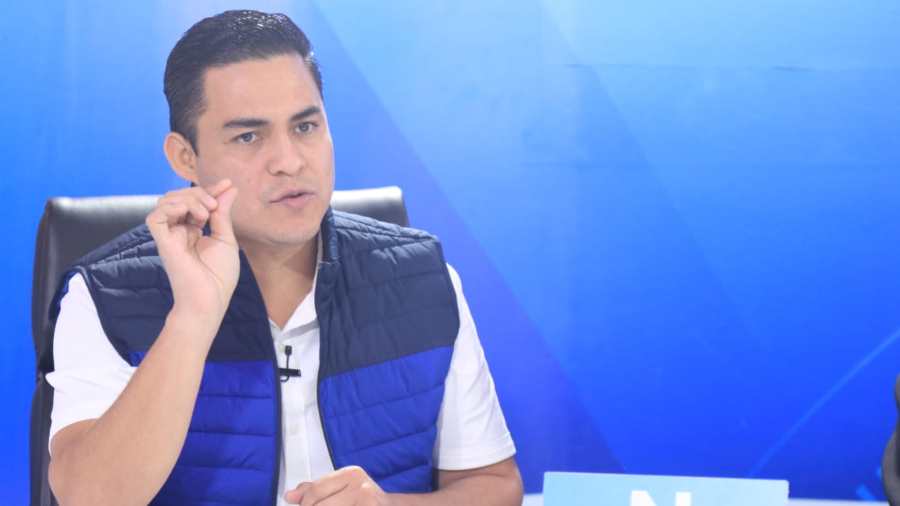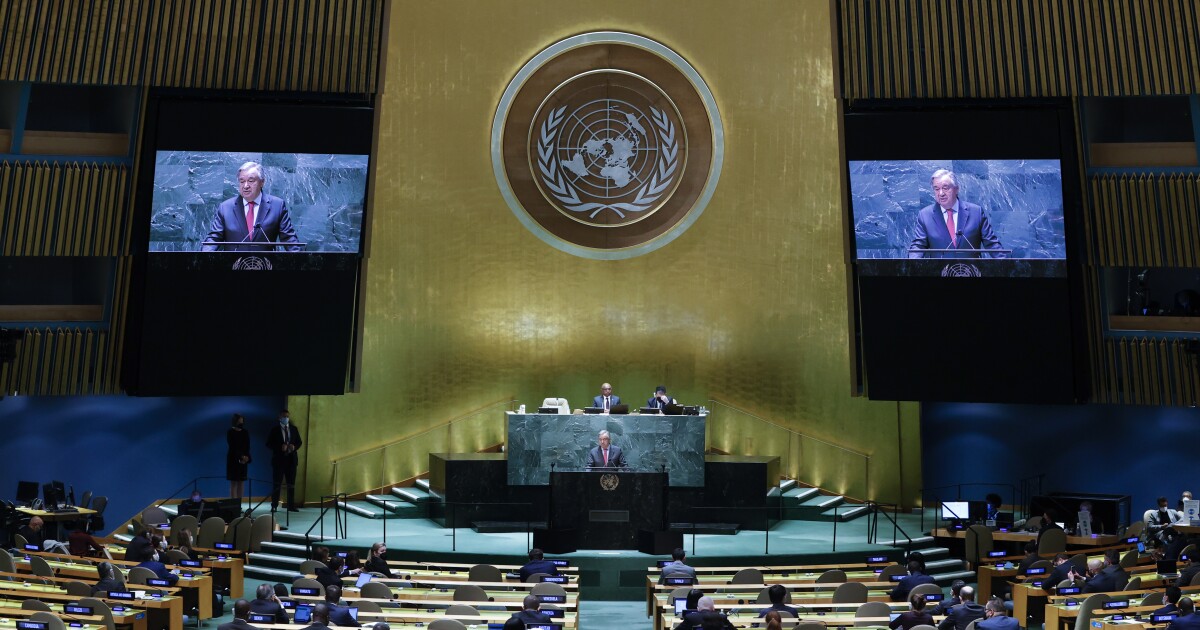Two weeks after the controversial general election in Nicaragua, the Union of Latin American Parties expressed its deep concern over the country’s socio-political crisis and the repressive actions of the regime of Daniel Ortega and Rosario Murillo in the midst of the election. Process
Leaders of the organisation’s member parties and general secretaries have confirmed that elections will be held in Nicaragua on November 7. They do not conform to international standards in electoral matters to guarantee free, fair and transparent elections. In addition, they pointed out There are no democratic guarantees for the current electoral process.
Therefore, in a statement from Quito, Ecuador, they demanded that new elections be held in Nicaragua in 2022. These should include “electoral reforms approved by the General Assembly of the Organization of American States (OAS) by October 2020;
Also read: United States: “Nicaraguan government must release private sector leaders immediately”
The Union of Latin American Parties (APLA) is the regional Latin American branch of the International Democratic Union, which unites conservative, Christian Democrat, liberal and generally right-wing parties.
Abla also demanded from the state of Nicaragua the release of all political prisoners and the legal restructuring of the Conservative Party of Nicaragua (PC) and other parties whose legal status had been revoked.
Also read: Attorney’s Office sentences Michael Healy and Alvaro Vargas to 90 days in prison
The member states of the organization for more than 20 years are: Argentina, Bolivia, Brazil, Chile, Colombia, Costa Rica, Ecuador, El Salvador, Guatemala, Honduras, Nicaragua, Panama, Paraguay, Peru, Dominican Republic and Venezuela.
Election at shortcuts
The Nicaraguan election is being monitored by the international community. Some countries and organizations have already exposed it as “a scam”.
Last Wednesday, the OAS Permanent Council discussed and approved a resolution discussing the “situation in Nicaragua” – with the support of 26 countries, without any referendum and with seven exceptions – expressing serious concern for all the Council’s efforts. It did so by promising the Nicaraguan government to hold free and fair elections, which were ignored.
The resolution said, “If necessary, adopt other measures in accordance with the Charter of the Organization of American States and the Inter-American Democratic Charter, which includes an assessment of the November 7 election of the 51st General Assembly.”
U.S. State Department spokesman Netflix confirmed that the election process in Nicaragua had lost all credibility.
Also read: “The EU is ready to act if the situation requires it.”
For his part, Peter Stano, chief spokesman for the European Union (EU)’s foreign and security policy, when asked about the outcome of the high-level meeting he addressed in Nicaragua in Luxembourg last Monday, said “all possibilities are on the table and the EU is ready to act if the situation requires it”.
He told a Foreign Council meeting attended by EU foreign ministers that “if the situation in Nicaragua continues in this wrong direction, there will be a great consensus on the actions of the EU.”





